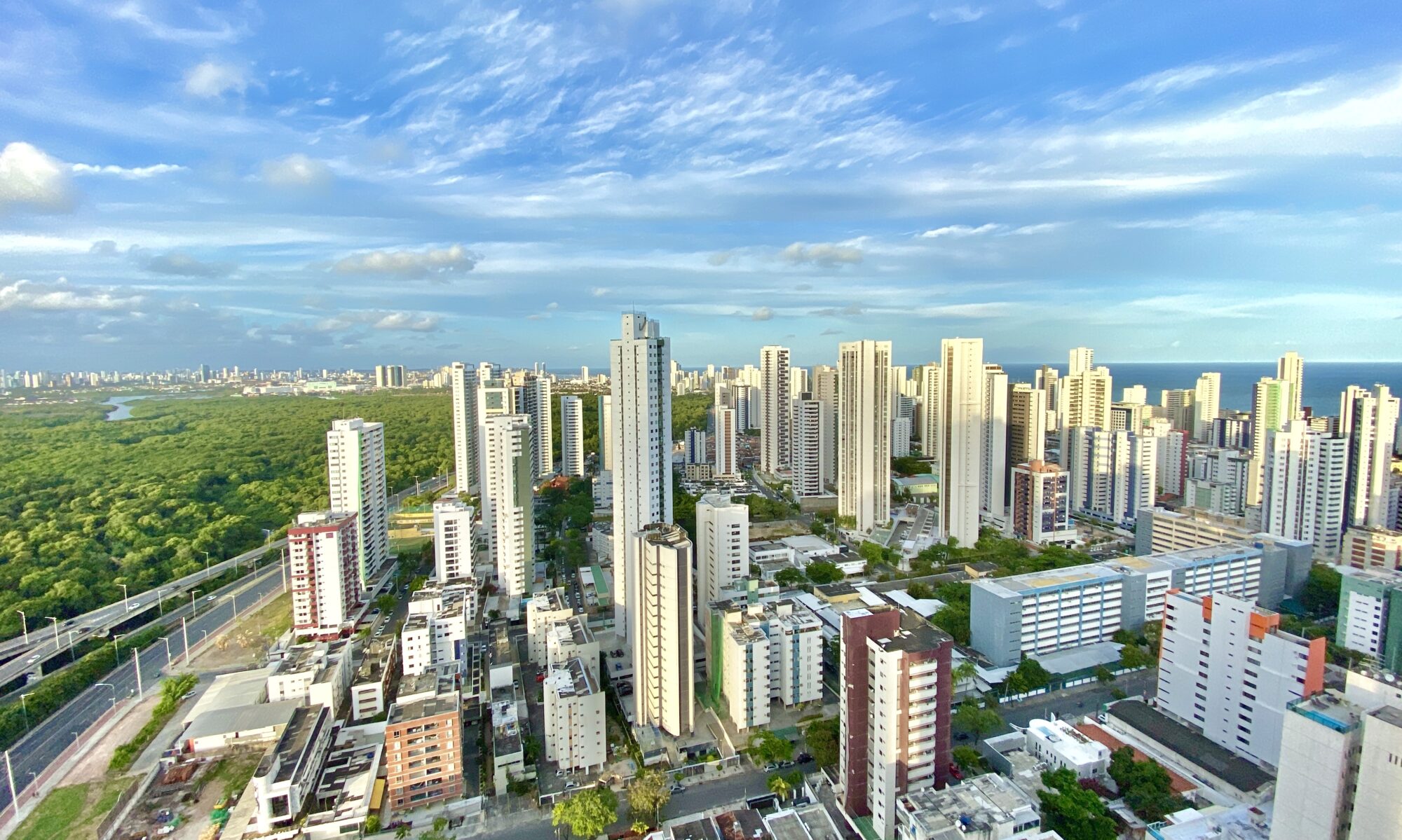- Export Coefficient
- Import Substitution
- Industrial Policy
- Industry
- Protectionism
- Quality
- Science and Technology Infrastructure
Protectionism has been a distinctive characteristic of the Brazilian industrial policy from the 30`s until the liberalisation in the beginning of the 90`s. It was sustained by arguments of the kind of protection to the rising industry, defence of national interests, etc. But it was also justified by problems of balance of payment. Historically the protection system evolved from a simple system, predominantly based on the administration of the exchange rate and control of exchange operations (until the mid 50`s), into a more complex system, strongly based on customs duty, the administration of special import regimes, the imposition of strict non-tariff barriers and the concession of incentives and subsidies to exports (from 1957 till the beginning of the 90`s).
It was, however, a protectionism which was called frivolous by an author, in the sense that it does not have a clear purpose of technological learning nor an expiry date and obligations in terms of performance by the beneficiary companies (or industries). With the opening of the markets this kind of protectionism has ceased to exist. To start with all non-tariff barriers and special import regimes were eliminated, and the schemes of incentive and subsidies to exports drastically reduced. The customs duty has remained as the only instrument of protection with a chronogram of reduction of the taxes which has been administered with rigour, despite the U-turns imposed by problems of balance of payments. Today, with the economy stabilised and the rate of exchange overvalued, the protection from the customs duty has been proving insufficient for some industries. There has been a return to the appeal for quotas and measures of safeguard and defence against disloyal business practices, within the scope of regulations of the World Trade Organisation (WTO).

